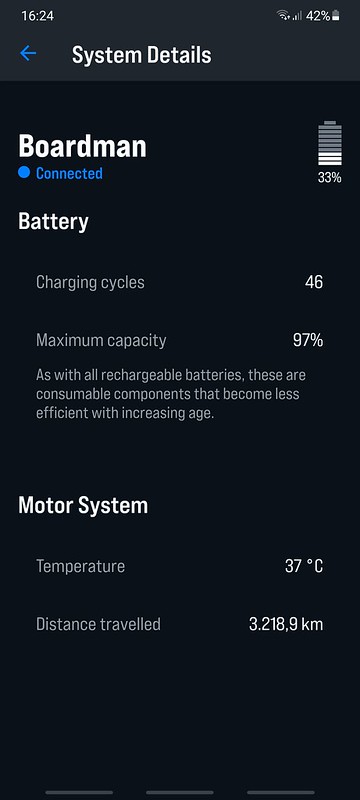Jason71
Well-Known Member
Yes I agree 90% for a 7KW is typical. I am not just talking about just charge efficiency though.30% is quite pessimistic. The Tesla AC charger is rated at 95% efficiency and I routinely get between 80% (below 5 degree C) to 96% (15C) charging at 7kW at home. The lower efficiency mostly comes from the car needing to heat the battery to a suitable temperature, rather than an inherent loss of energy at lower temp (in other words, charging an already heated battery at freezing temp would still be as efficient).
Assuming an average temperature of 10C, we could expect 90% charge efficiency.
Idle drainage is car-dependent and seems to be negligible on other EVs and more modern Teslas. Taking my 2017 MS with MCU2 as an example: it consumes 30W on idle. Over the period of a year the car would consume ~262kWh which is not ideal, but acceptable. It was reported that newer Tesla (from 2021?) has improved on this drastically and could sleep for many hours.
Energy consumed for heating is a function of the set vs. outside temperatures. In an ICE additional energy loss is represented by the reduced MPG on cold engine, in an EV it is represented by the increased consumption in the beginning of the journey. After the initial periods the ICE of course gets the heating for 'free', but cabin cooling consumes energy for both ICE & EV.
Add to that, phantom drain, cabin preheat, battery heating, sentry, sitting in the car waiting for your kids to finish drama/music lesson/football (delete as applicable) etc
It will vary by person but add all that up and I think you will find I am not far off.
For the first 4 months of ownership I charged only from 1 charger so knew the exact amount of electricity used and what the car claimed to have used . Difference was >30%. Others have found similar.
A Tesla that is asleep may consume 30W but one that is awake consumes 200-300W even when parked and idle







